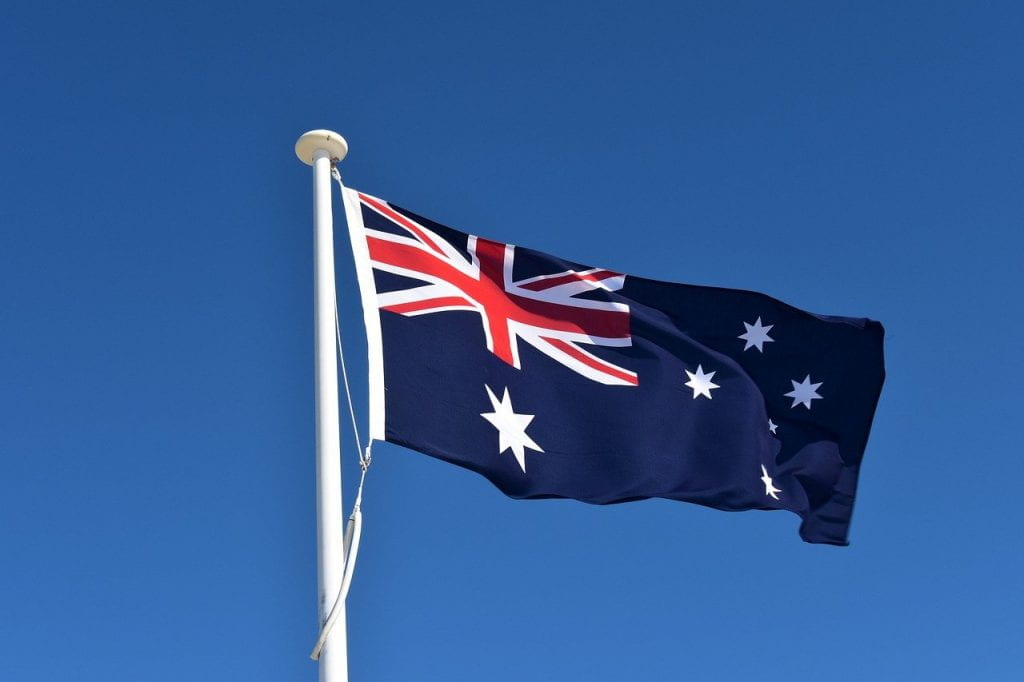Henry Lewis England was the second of 8 children born to convicts John and Rebecca England nee Jackson. He was born on Boxing Day 26 December 1854 but not registered until 1855. His father was a moulder and the family were living in Molle Street in Hobart.
His parents were married just two months before the birth. Henry had already had an older brother William born 1852 but he had died of convulsions in March 1854.
Henry was christened at St Georges Church, Battery Point in Hobart, Tasmania on 11 June 1855. So in reality, he was the oldest child and here are his other siblings:
- 1857 Elizabeth
- 1859 Edward
- 1861 Mary Ann
- 1864 William James
- 1866 Lydia
- 1868 George
Henry’s mother Rebecca died in 1887 and his father John died in 1905.
At the age of 30, Henry married Julia Charlotte Chandler on 14 October 1885 at St Georges Church, Battery Point. It is at this church where they probably met for the first time.
Four children were born from this marriage:
- 1886 Ruby May
- 1888 Henry Lewis
- 1891 Gladice Emily
- 1894 Lucy Grace
By 1891, Henry was employed as foreman of the works for the Queenborough Road Trust and this often got him in trouble.
On 17 January 1891, Henry had apparently used threatening language and had been brought up in front of the court.
In the Government Gazette of 10 Jul 1894, Henry was appointed Inspector of Health for the Town of Queenborough now called Sandy Bay. From 1895 he is often mentioned in the local papers as attending the monthly meetings of the Queenborough Town Board.
By 11 Jun 1895, Henry was now appointed as rate collector by the Queenborough Town Board.
Henry was back in court on 3 August 1899 in his role as Health Inspector. He had caught a resident depositing night soil on his property which was a breach of the health act.
Henry, by October 1899, is also a member of the Hobart Fire Brigade and is one of two firemen in charge of the reel held in Grosvenor Street.
In July 1900, Henry, as foreman of the works for the Queenborough Town Board, was accepting tenders for the erection of a post and rail fence between the properties Derwentwater and Lambert Park.
But at the end of March 1901, Henry must have been dismissed from the Queenborough Town Board. Many of the local residents got together to present him with a gift and best wishes for him and his family.
A special meeting of the Queenborough Town Board was also held after the above report came out in the local paper. They felt Henry had been warned often of his bad behaviour and gross misconduct, so finally they had to dismiss him.
On Saturday 13 April 1901, the Queenborough Town Board met to get nominations to fill three vacancies. All were accepted except for one from H.L. England as it was considered to be an informal nomination.
February and March 1905 were not good months for Henry. First his father passed on 10 February then his wife Julia passed away on March 3, just 20 years into their marriage.
In February 1905, Henry was again in court but for an alleged assault on an architect who was inspecting a building in Regent Street, Sandy Bay.
In late April 1905, Henry was on the ballot paper to join the board again but missed out, gaining only 164 votes.
On Thursday May 11, Henry was found guilty of the assault and ordered to pay a fine of 10 shillings and also 9 shillings and sixpence as costs.
Henry was again putting himself forward as a candidate for the board in April 1906. Here is what he said when called upon to talk.
Henry was troubled with rheumatism and partial paralysis and on 9 April 1914, he took part in a demonstration of the Veedee specialist. This was by using a curative vibrator on the afflicted areas of the body.
In December 1914, his third daughter, Lucy Grace England, died just 8 months after giving birth to her son Lewis Maxwell England.
In October 1916, Henry’s son, Henry junior applied for exemption from going to war as he was the sole support of an invalid father and the only son in the family. Exemption was granted.
On 29 August 1932, Henry senior passed away at his son’s residence at 16 Grosvenor Street, Sandy Bay in his 77th year. A patient sufferer gone to rest as mentioned in the death notice.









